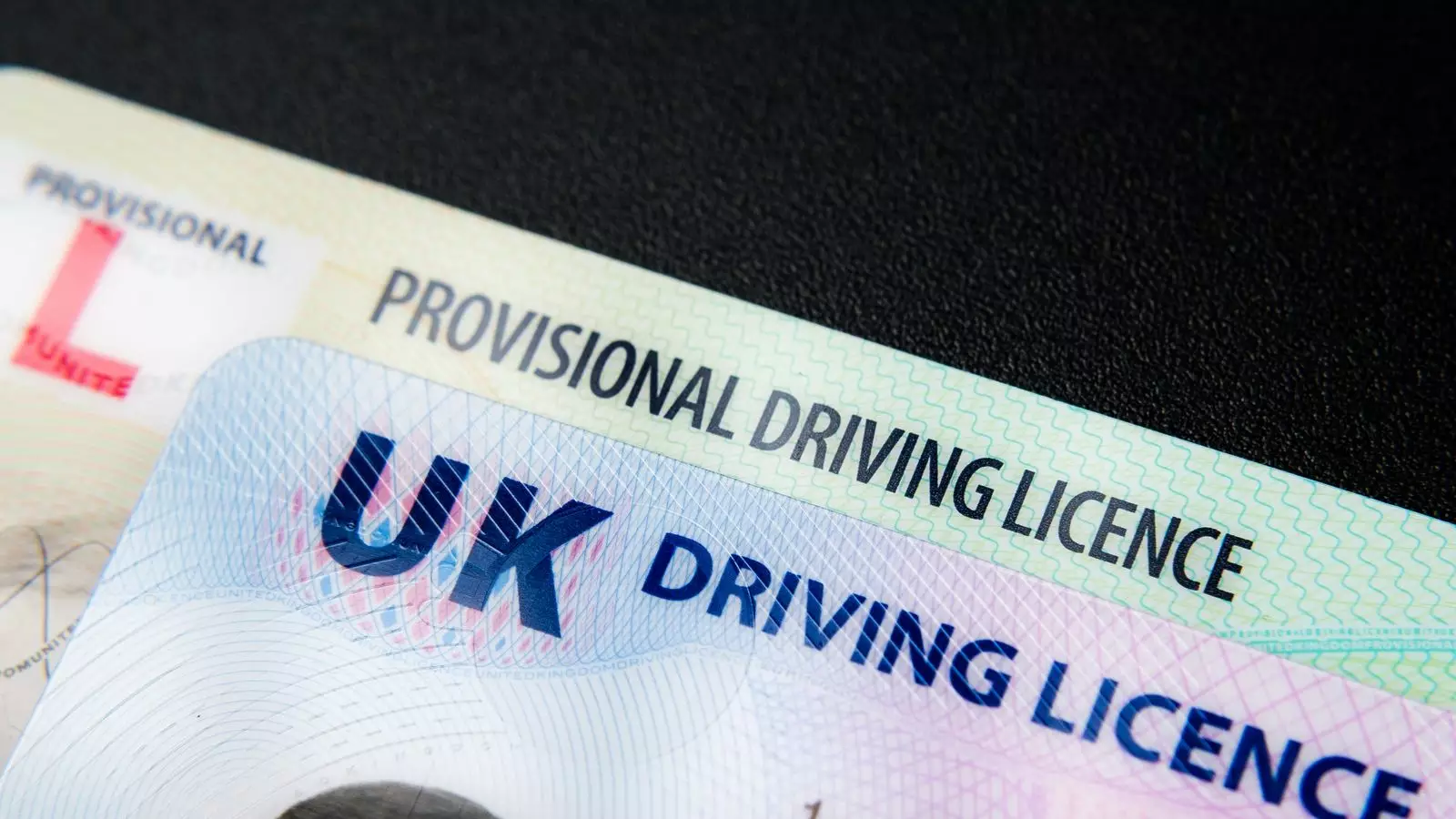In a world where digital identity is becoming increasingly crucial, the United Kingdom stands out as one of the few developed nations that has yet to adopt a national ID card system. As research published for Sky News indicates, out of 38 countries within the Organisation for Economic Cooperation and Development (OECD), only six—Australia, Canada, Ireland, New Zealand, the United States, and the UK—are without an ID scheme. The issue has gained momentum recently, reigniting discussions among policymakers, the public, and civil liberties advocates. With insights from influential voices, including former Prime Minister Sir Tony Blair, this article will dissect the implications of introducing digital ID cards in the UK.
Sir Tony Blair has re-entered the conversation, advocating for the potential benefits of a digital ID system in a piece for the Daily Mail. He posits that such a system could not only simplify the bureaucracy but also alleviate the burdens on taxpayers and improve governmental outcomes. Blair’s assertion is rooted in the idea that modern technology affords us the capability to create a more efficient administrative framework. Moreover, the financial implications cannot be ignored, as his Institute for Global Change estimates an initial cost of approximately £1 billion for the rollout but projects potential savings of £2 billion annually for the Treasury. This gap between expenditure and savings encapsulates why many argue for the implementation of a digital ID system amidst a backdrop of increasing economic pressure.
The rationale extends far beyond mere efficiency metrics. A 2019 analysis by consultants McKinsey indicated that a national ID scheme could stimulate the UK’s GDP by up to 3%. By streamlining government processes and improving access to public services, a digital identity could become a linchpin for revitalizing the economy. In an era where digital interactions are the norm, the lack of a national ID card may hinder the UK’s ability to keep pace with both economic growth and technological advancement.
However, the proposal is not without its detractors. Critics raise significant concerns regarding civil liberties and the potential for an overreaching surveillance state. The idea of mandatory ID cards has historically sparked fears of government overreach, with opponents arguing that such a system could infringe upon individual rights and freedoms. This anxiety is compounded by the fact that the implementation methodologies of ID cards vary globally—while some countries mandate them, others adopt a more lenient, optional approach. Nations like Chile and Turkey enforce stringent laws regarding ID card possession, while most OECD countries typically leave the initiative optional.
The UK government has exhibited a series of mixed messages regarding the future of digital identity. Following the recent elections, Business Secretary Jonathan Reynolds indicated that Home Secretary Yvette Cooper would explore all avenues related to this issue. Yet, this was followed by a hasty reversal, leaving the public in a state of confusion. Legislative measures have been introduced that aim to establish “digital identities,” allowing citizens the choice of opting in or out for access to various forms of information. Notably, these proposed measures stress that participation would not be mandatory, suggesting a cautious approach towards implementing a digital ID system.
As other nations like Australia move ahead with their ID schemes, it becomes imperative for the UK to reassess its stance. The digital ID debate serves as a microcosm of larger discussions surrounding governance, technology, and personal freedom. The challenge for the UK lies in balancing modernization and economic efficiency against the need to protect civil liberties and safeguard citizens from intrusive overreach.
The discourse surrounding national ID cards in the UK encapsulates a fundamental tension between embracing modernization and maintaining the delicate fabric of individual liberties. The potential economic benefits Brad Blair and other advocates tout present a compelling case for reform, yet as history has shown, these initiatives must be approached with caution. A vision for a digitally empowered UK stands on the horizon, but its realization should not come at the expense of democratic ideals and personal freedoms. It is this balance that will ultimately dictate the success or failure of any forthcoming digital ID initiatives.


Leave a Reply